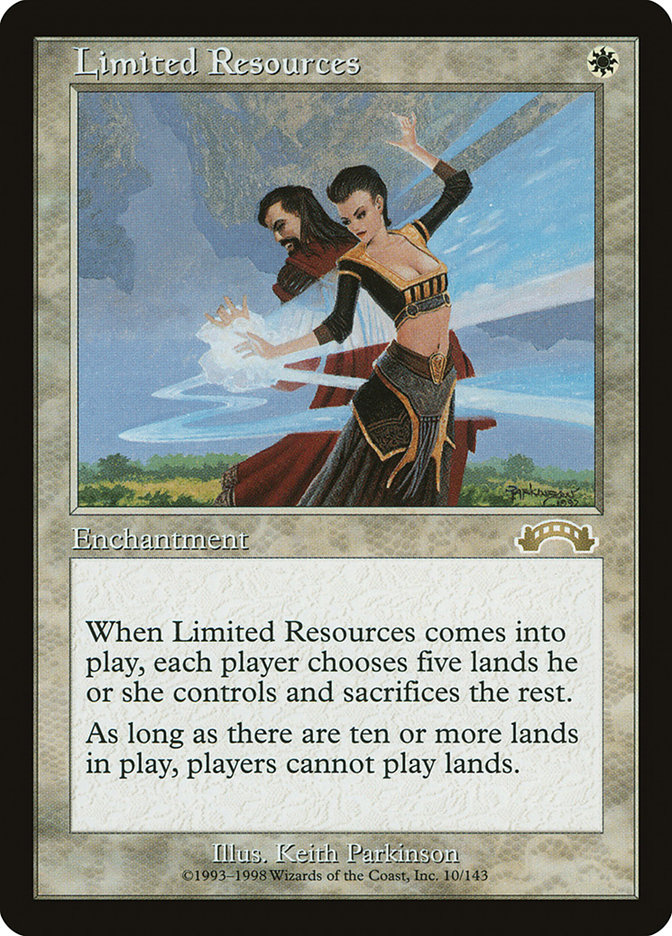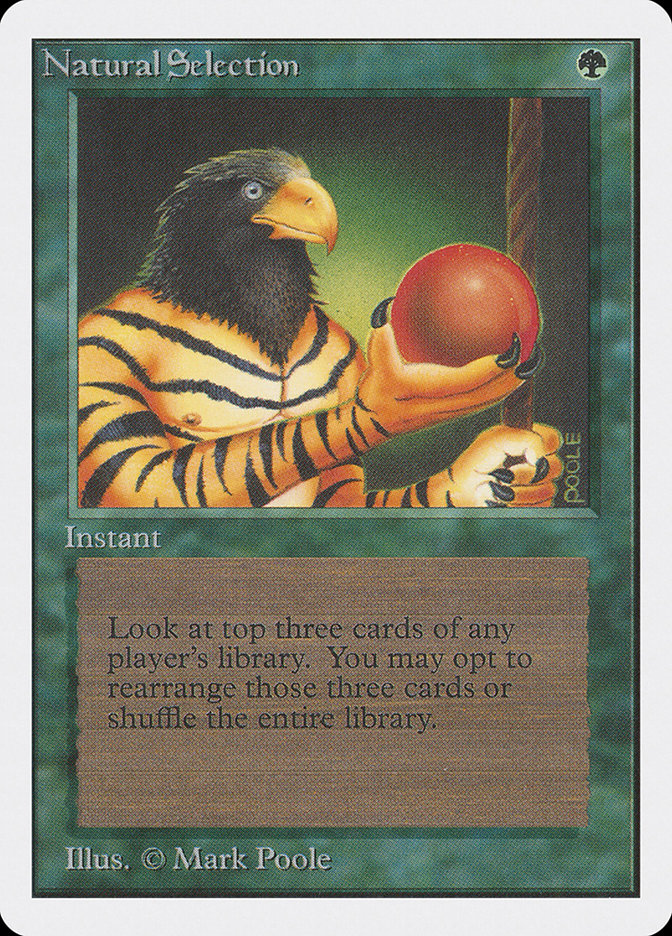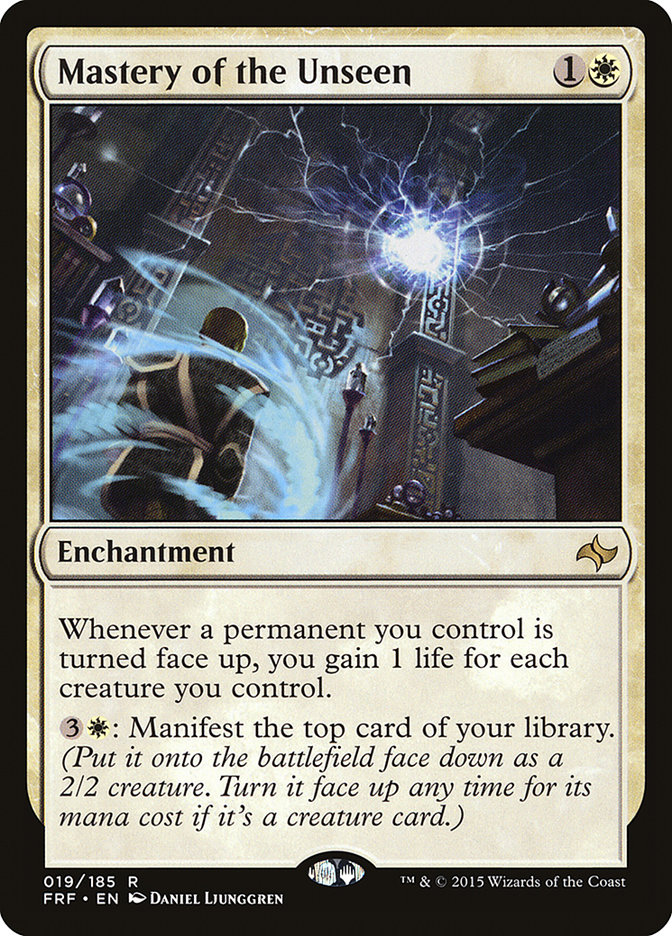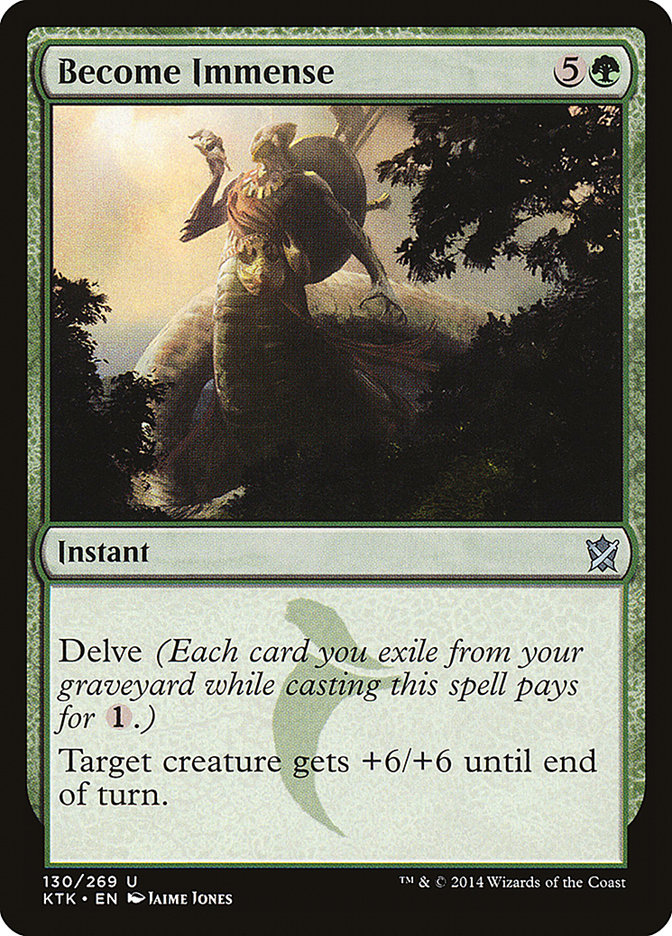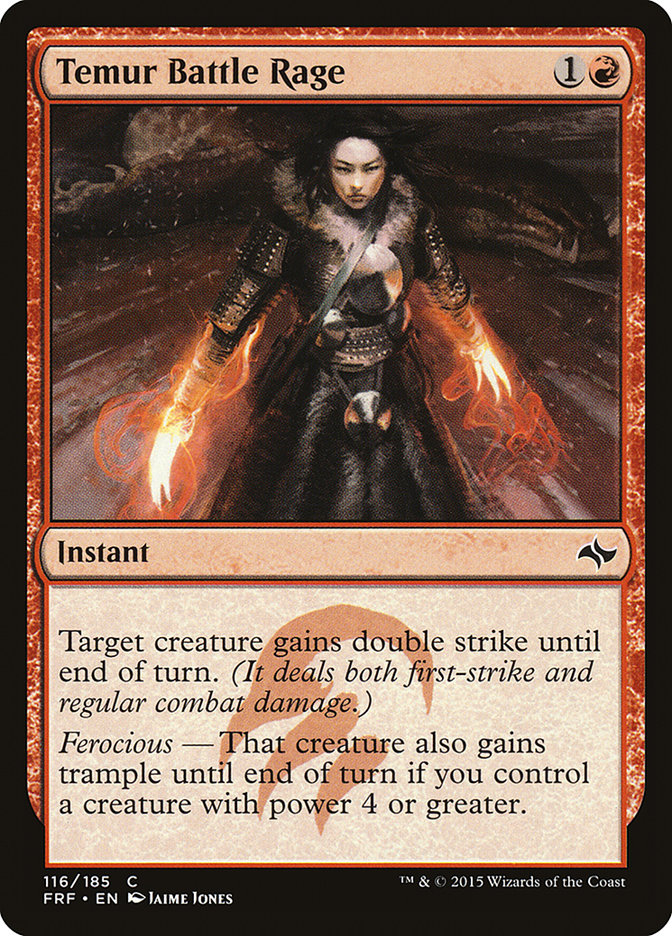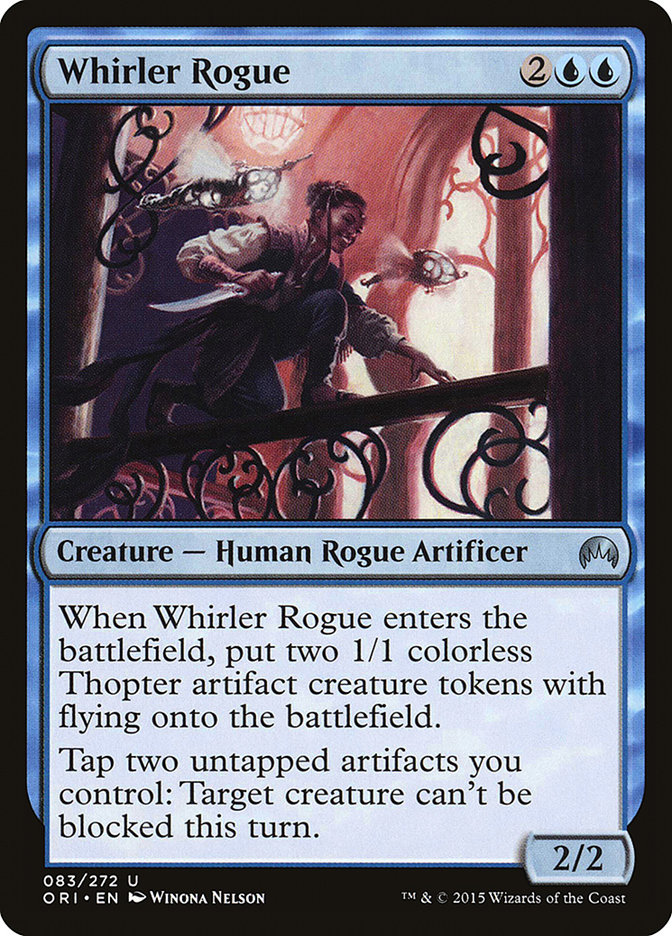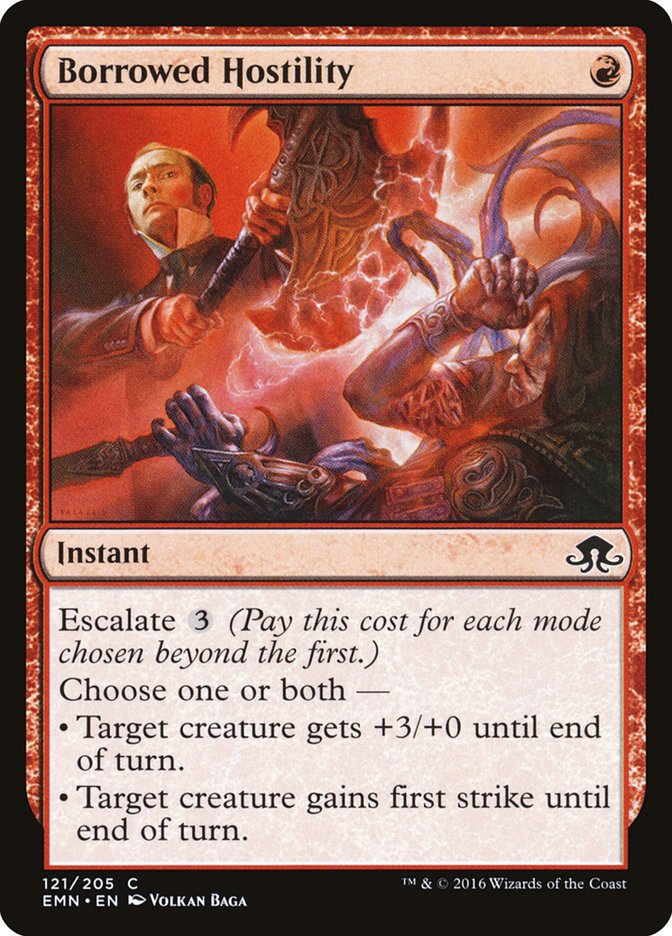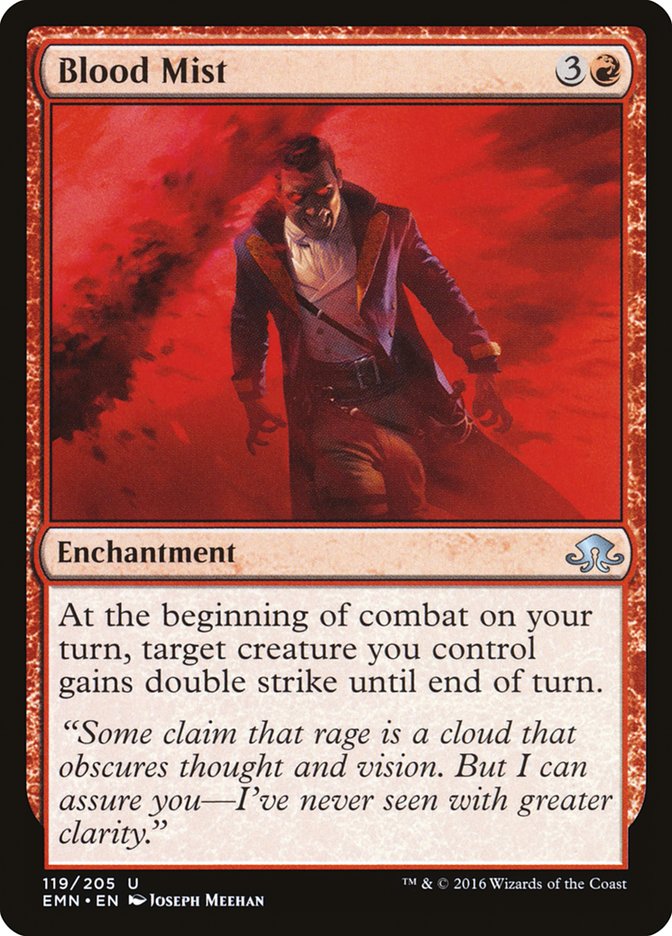Tournament Magic is hard.
Constructed Magic is hard.
Limited Magic is hard.
Preparing for a completely unknown format is hard.
The Pro Tour is all of these. It isn’t purely additive either. The time crunch, digging for new ideas, testing multiple formats of skill sets. They all cut into your ability to do the others and make them more difficult. Doing it right is very, very, hard.
For a brief moment I thought I had it. My event results certainly suggested I was close or at least running really well. It turned out to be a mix of both.
The luck that had set part of this up ran out, and that coincided with some other steps back, and I fell off hard. Well, not that hard as I am still a Gold-level Pro, but it’s still a step back.
Teamwork and Logistics
Let’s kick off with the most dynamic part of the year. After almost ten Pro Tours with the same team, between four Pro Tours I’ve worked with three different teams.
The first of these was Team…. Blitz? The Mighty Lux? Three Rhinos, One Dream? We never really settled on a name or brand. This was the final state of the team I had started back in early 2013 for Pro Tour Gatecrash, featuring both old members like Steve Rubin, Chris Fennell, and Seth Manfield and the newer addition of the Roanoke crew of Brad Nelson, Brian Braun-Duin, Gerry Thompson, and Ross Merriam.
At some point the team had taken a massive shift and I really was no longer a productive part of it. Most of the things I did for that last Pro Tour can be described as bookkeeping and housekeeping, which suck. Many of the things I had pushed early on with the team were things that helped me test in the Magic desert that is metro Boston, and things had come full circle to those things not being useful to everyone else. Testing had moved from online to mostly physical, which in turn shifted the documentation from electronic to what people remembered.
I ended up leaving that group to be a part of Team UltraPRO for two Pro Tours. Pro Tour Oath of the Gatewatch went… okay. I was part of the Limited prep of Madison draft camp and was able to report on a lot of Modern via Magic Online. In the end we missed Eldrazi, I played Abzan Company, but I did a really bad job of passing on my information to the rest of the team and ended up the only person playing the deck when it was very good.
Then Pro Tour Shadows over Innistrad came and I was back to not being well-connected with the team. Some of this was being in the process of planning a move to DC, but again I ended up divided. UltraPRO has a few core groups, and none of them lined up with “test online from 6-10pm EST.” I holed up, drafted a bunch, and didn’t end up visibly adding a ton. I played the team deck mediocrely and racked up a low cash finish.
The switch to Team East-West Bowl for Pro Tour Eldritch Moon made things a lot easier. Or maybe moving to Washington, DC and working with most of the Pro Tour players there was what made it easier. I don’t really know. I still sucked at Constructed, but at least my excuse this time was that I was drafting with teammates the whole time I could have been playing matches.
Lesson 1: There are limits to my long-held assumption about digital team testing being the way of the future. The big one is schedule. While you can test with anyone anywhere, they have to be around when you are. Often, as the person with the full-time job, the limiting factor is me, and in that case it’s on that person to figure out how they can contribute. If that’s you, your number one priority is to maintain contact. Insert yourself into the process as best as possible and get done the work you can.
Lesson 2: There’s a weird tension when looking at who you want to work with between selecting people for working convenience and skill. You are filtering the subset of “everyone” in one direction at the cost of the other. The best groups tend to be those of people who start working together out of convenience and get good together, those who can completely ignore the convenience factor to get the best people together, or the rare cases where you are able to select a group of people who fall right into your desired set. There are examples of all three of these on the Pro Tour, but for most of the people reading this, your goal should be the first. Find the people you can work with the best and most and make each other better.
Constructed
I did horrific at Constructed this year. I had a sub-50% win rate in Pro Tour Standard. I felt close to a Grand Prix Top 8… twice? That might even be generous considering I only had one win-and-in, with the other close event being one where I felt like I was successful with an average finish as I hit a bunch of harder matchups.
The mistake here was seeded long before this. It happened a year and a half ago at Grand Prix Miami. I played Abzan; the rest of my team played G/W Devotion, which I had tried and hated, and that was the event with two-hour mirror matches all over because G/W was doing so well.
I hadn’t had enough time to really explore options and decided in similar future situations I would trust them and take a more passive role, as they were the ones playing Standard week in and week out.
Testing with the Roanoke crew derailed my Constructed process, at least for Standard.
It had nothing to do with them. They were clearly great and the time we worked together was basically when Brad was crushing everyone in Standard Grand Prix and Pro Tours (aka always). What happened was that someone else had a process and it was one that was difficult for me to access. They were testing on kitchen tables in Roanoke, not on remote servers located wherever the internet reaches. Them working almost 24/7 meant I would often be redoing existing work for no reason.
So I stopped doing that. My process switched from learning the core “science” behind a format to selecting existing decks or things other people liked like menu items. Again, this is the issue I pointed out earlier, but this is how it actually changed my behavior.
Honestly, I’m still pretty good at that. Deck selection has always been a strength of mine. I played very good decks at all four Pro Tours and at most of the Grand Prix this season, I was just punished by not playing them well.
Moving to Team UltraPRO didn’t fix this either, as I was not the best or most experienced player there. Again I found a spot where I could fall into the passive role, where I didn’t have to assign myself real agency in the decisions I made.
With East-West Bowl I started to push back in the right direction. While I wasn’t too involved in the early Constructed process, as almost all my time was spend on Limited, a lot of the things that had worked before with older groups were in place. Digital records of people’s testing, easy-to-find games, and so on.
Another past theme I’ve touched on is defaulting to decks in your wheelhouse when you are light on testing. I did that this year, but all of the decks I played at Pro Tours fell solidly on the “Hard” side of the spectrum. G/R Landfall when everyone knew Become Immense – Temur Battle Rage was good and my deck happened to be good at beating some of the usual plans against it. Abzan Company with a million tutors. G/B Aristocrats when I assumed the deck offered up a lot more free wins than it did. Temur Emerge, which is complicated on basically every single axis possible.
Maybe it’s unlucky to have had to play on hard mode for so many events, but that’s a pretty dumb thing to blame. There’s work that could have been done to get over this hurdle, or at least position myself better to get to where I need to be at the point I decided on a deck. I feel really dumb, as I’ve given this advice to people in the past who were in the same situation. I even gave it to teammates this last Pro Tour in our post-event breakdown of how to improve.
Lesson 3: If you are sitting around trying to figure out what to play, the best thing to do is to take initiative somewhere, even if you are unsure it benefits you. Don’t ask “What deck is best for me to play?” Instead, take a deck and start asking questions about it. Where is it good, where is it bad, what effects is it losing to, how can you sidestep them, and what parts of the deck have overperformed? Learn the fundamentals. If you pick that deck, great; if you don’t you can use the information to derive answers to other questions.
Limited
I’ve mentioned Limited a lot above as something I spent my time on. After a good streak where I actually understood a format, I spent the latter half of a year performing worse. I never got the hang of Dragons of Tarkir Limited, touched on being decent at Magic Origins, and would rather forget Battle for Zendikar ever existed.
When I was good at Limited during Khans of Tarkir block, it was largely based on concepts other people had derived. This was the luck factor I mentioned at the start, as it wasn’t really based on things I had done, besides maybe choosing the right teammates and having them able to do work at the right time.
With Oath of the Gatewatch I decided to take it a step up. Instead of just learning the Limited format, I wanted to learn how to learn Limited formats. I went to the best in Madison, and their process was certainly good, but I feel like I’ve found places to improve. Since that Pro Tour, I’ve felt like I was in a great spot for Draft.
In the end, getting good at Limited is not far off of Constructed, but it just requires covering more ground with slightly less depth. It’s not like Constructed where knowing Bant Company is the best deck. Maybe you think G/U is the best deck in Eldritch Moon Draft, but you have to be ready to succeed when it isn’t an option.
Step one is knowing card values, and this is what everyone loves to focus on. What is the first pick, whether this card is a B- or a C+, and so on. That’s not actually the question you are answering. You want to know what works and what doesn’t. This is discovering that Borrowed Hostility is actually a powerful and efficient combat trick, and that Blood Mist is actually really powerful and not just a do-nothing enchantment.
Step two is context. What works with what, or what doesn’t work. This is finding out that the green and white cards in Shadows over Innistrad are the best and pair well with basically everything, whereas blue is weaker and pairs poorly with a lot of things. Or that U/R Spells is a real archetype that is worth drafting.
Step three is context within context. What does your functional U/R deck look like and how can you replicate it? This is especially important for archetypes that often fail. U/B in Shadows over Innistrad is a good example, where most U/B decks were terrible, but if you were sufficiently aggressive with Stitched Manglers, you could win.
Step four is bringing that information back to the top. In the Draft portion, how does this inform the decisions you are making? What cards getting passed to you indicate you are in the right spot? In multi-set formats, how do the different sets change what you can expect? This is where I found most people missed things with each change, but that’s likely because it’s so far down the rabbit hole.
As I said, Limited is hard. There are tons of different phases you have to incorporate into your strategy, and each format you have to relearn the same things. Being good at Limited is not about getting one format, but about understanding how to understand all of them.
Lesson 4: Step back and look at the bigger picture. Limited is not isolated in this fact. If you don’t get a Constructed format, take a step back and look. If you don’t get a tournament structure, take a step back and look. If you don’t get what you are doing in Magic in general, take a step back and look.
Lesson 5: Getting good at Magic isn’t actually about testing for one event. Or two events. It’s about learning how to test for that event and the next event and the next event so you can be the most efficient at repeating the process. As Gerry always says, it’s one big session. This makes it seem almost routine and boring, but the game of Magic is so great that it never is.
Overall
2013 was me learning good Constructed testing.
2014 was me learning good team process.
2015 was me getting lucky and having everything fall into place.
2016 was me having to learn how to do the things I got lucky about earlier.
Next season? The goal is implementation. Maybe it’s impossible to be good at everything at once or do the work for it, but at least in theory I know how to get there.



